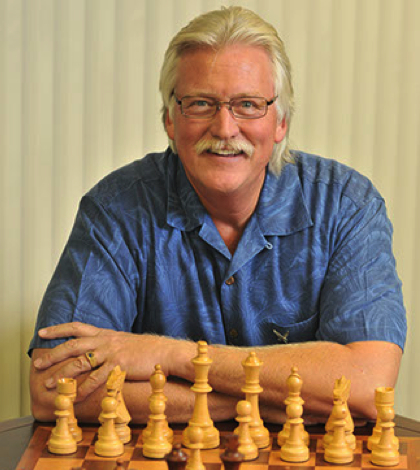Recently I received the following email from a client facing a tough issue with an employee who was put on notice for poor performance.
Is too much expected of us as CEOs?
We are expected to know it all, be the best, never make a mistake, and be perfect in all that we say and do.
When we err, some employees feel like they need to let everyone, including us, know we made a mistake.
How do we balance the job, company, duties, stress, and expectations that others have of us and that we have of ourselves?
How do we balance the expectations others have of us with the reality that we aren’t perfect?
Example:
While in a meeting with an employee, he complained that I failed him because I know what motivates and demotivates him and he felt that I was not paying sufficient attention to him and encouraging him enough. He said that considering I have my doctorate in leadership, he was disappointed that I failed him because I should know better.”
After receiving this note from a client, we began to consider the root cause of this troubling accusation made by an employee from a leadership perspective. This is after all a leadership challenge and one that can, and has, caused great conflict for both employees and their leaders. This problem can express itself in many other ways too. Not only reflecting in poor performance but can affect a company’s culture, sense of community and work ethics. There is no single solution, but I believe there is one common place to start to look for solutions for those who are called into leadership positions. This high level place begins by understanding the difference between striving for excellence verses striving for perfection, and implements those behavior changes accordingly. Let me offer this famous quote as a place where that high level leadership thinking begins, “Striving for excellence motivates you; striving for perfection is demoralizing. “ (Harriet Braiker) In more simple terms, pursue excellence not perfection.
All our behaviors are noticed by our employees, both good and bad. Many leaders convince themselves that if they don’t make any mistakes they’re signaling a good behavior model to those watching. That becomes a very dangerous place to live, a pedestal that is ever shrinking and harder to stand upon, so these bosses become very good at covering or hiding their mistakes or shortcomings. This behavior model then makes its way into the culture of the organization, mistakes aren’t tolerated. As in the email above, this came back to bite the boss in a way that really had him questioning his leadership style, he was deeply hurt and discouraged. This can and will happen to many of us. A wayward employee finds a soft spot as a defense and lays blame on the boss in an area prompting us to rethink our leadership style. This employer knew he really did care about his employees but was broadsided by this accusation. Has this happened to you? Have your employees ever felt “let down” by your lack of attention, inadequate encouragement, or poor motivational attitudes, especially if you believe it’s a false accusation? That’s what I thought, you’re not alone, I have the same T-shirt!!
Here’s a great concept to consider, change your leadership style by pursuing excellence! Don’t strive for impossible goals (perfection), shoot for high standards (excellence). Perfectionists easily get overwhelmed when difficulty confronts them; excellent leaders can experience difficulty but will keep going. If you value yourself by what you do, you’re a perfectionist! If you value who you are, you’re pursuing excellence. Criticism is the enemy if you’re a perfectionist, pursuing excellence teaches you criticism is a way to learn. Failure devastates the perfectionist, those pursuing excellence learn from it.
These statements reveal some huge differences in leadership attitudes, there’s more but the point has been made. Excellence allows us to look in the mirror at night and know we did our best. Perfectionists look in that mirror and remember their mistakes.
Pursuing excellence will require tremendous effort and practice to alter our leadership style to align with it. But, unlike perfectionism, it does not demand a sacrifice of self when difficulties occur because it focuses on the process of achievement rather than the outcome. Pursuing excellence in every circumstance –rather than perfection– should be the key focus of every leader. No matter what we say or do, we should always strive to make our very best, do our very best, and above all be our very best.
Estrada Strategies exists to help business owners change their behavioral model, the one that gets in the way of running a successful, sustainable business, could that be you?
This employer solved his problematic confrontation and confirmed he does lead with excellence, but it certainly prompted a good self-reexamination and leadership training review.
Should you consider a deeper look into your leadership style?
Steven Lynn is a Business Coach at Estrada Strategies in Ontario, CA and can be reached at (909) 578-7000 or slynn@estradastrategies.com.
 IE Business Daily Business news for the Inland Empire.
IE Business Daily Business news for the Inland Empire.


